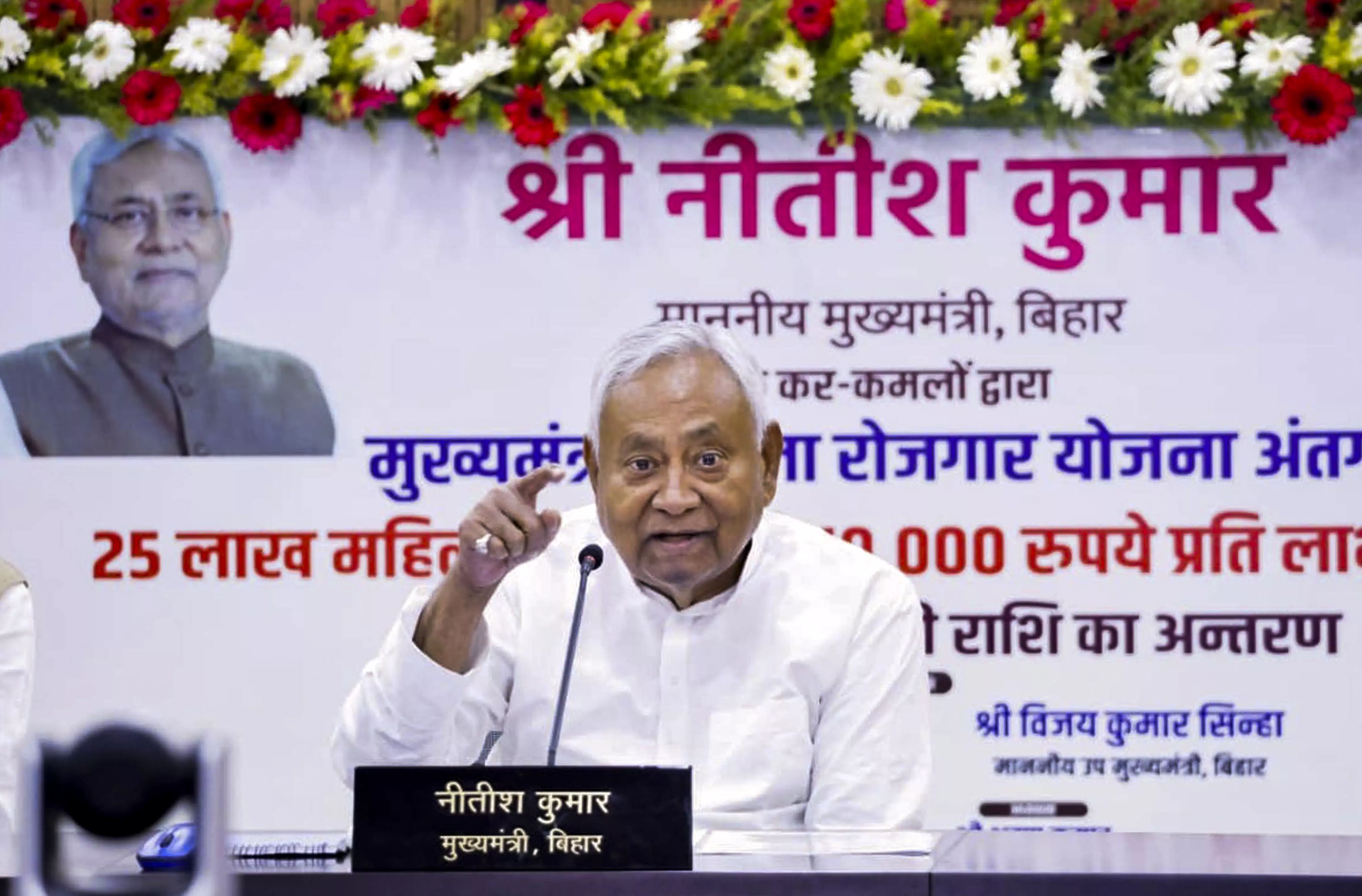By Pavan K Varma
Copyright deccanchronicle

Elections to the Bihar Assembly were announced at a press conference on October 6 by the three election commissioners. The press conference was announced in advance to take place at 4 pm. Just an hour before, at 3 pm, the ruling National Democratic Alliance (NDA) in Bihar made a direct transfer of cash amounting to Rs 2,100 crores of Rs 10,000 each to 21 lakh women under the Mukhya Mantri Mahila Udyami Yojana. Earlier, on the same day, the chief minister inaugurated a section of the Patna Metro. Is this distribution of largesse, literally minutes before the Model Code of Conduct (MCC) comes in, ethical? It may not be contrary to the letter of the law, but it is brazenly against its spirit. In fact, to my mind, the blunt truth is that it is an open act of bribery. Prime Minister Modi has condemned such “revdis”. According to him, such measures are detrimental to the economy; they are unethical; they masquerade as “welfarism” but are pure opportunism draining the treasury. But now he is a party through his own “double engine” sarkar in blatantly resorting to it. This is doubly unfortunate because rulers in both Patna and Delhi know that the state budget lacks the fundamentals to implement this financial profligacy. The Bihar government has borrowed over four lakh crores already. Only the interest on this amounts to Rs 63 crores a day! Elections must not only be free, but seen to be free. In the early decades after Independence, voting was often accompanied by violence, intimidation, booth capturing, ballot stuffing and flagrant misuse of government machinery. A watershed intervention came in the tenure of T.N. Seshan (as chief election commissioner, 1990-1996). Seshan insisted on curbing the abuse of state machinery; restricting distribution of alcohol; rolling out voter ID cards; limiting campaign expenses; and deploying Central forces to sensitive booths. The result: a significant drop in incidences of booth capturing, fewer polling-day killings, better deployment of observers, and more credible elections. Seshan also insisted on strictly following the MCC. It is a set of norms drawn up by the Election Commission of India (ECI), not a law, but given force and significance through public expectation, judicial support, and the power of moral persuasion. The MCC comes into force immediately when the election schedule is officially announced, and remains in effect until the results are declared. It prohibits misuse of official machinery, any new projects or schemes that might influence voters, and distribution of money by the party in power (or by ministers), that may tilt the playing field. If the intent is clearly electoral, to influence voter sentiment or create a “feel-good” tailwind just ahead of formal campaigning, then the ethics becomes suspect. The closer one is to the MCC date, the more likely such freebies function not as policy but as campaign inducements. Political fairness demands a level playing field. The ruling party has inherent advantages: access to state apparatus, visibility and resources. If freebies are timed just before MCC, that advantage is magnified. Opposition parties are deprived of equal opportunity to counter or respond. Voters get usurped into candidates’ patronage politics rather than reasoned choice. Public monies should serve public good, not partisan gain. When a scheme is announced purely for vote-buying, especially at the last minute, it undermines the principle that governance should serve all, not just those who voted (or might vote) for the party currently in power. Moreover, it becomes apparent that such freebies become a substitute for consistent good governance. They point towards a serious governance deficit, otherwise why should governments have to resort to this kind of last-minute enticement? Once such practices become normal, they can lower the threshold of what counts as electoral corruption. If what was previously considered improper is normalized, the democratic culture suffers.In Bihar, it is more than apparent that the condition of women, for whom this direct benefit transfer was ostensibly made, is deplorable. Through the 15 years of Lalu’s reign, and after that for the next two decades of Nitish Kumar — in most of which the BJP was a partner—close to a staggering 50 per cent of women in Bihar — as per government statistics — are illiterate. Female malnutrition is the highest in Bihar. This is not surprising considering that, in spite of 30 years of Nitish-Lalu rule, roughly one-third of Bihar’s 13 crore plus population is below the poverty line, struggling to get one meal a day.Fortunately, this time the Bihar elections will be completed in two phases. In the past, the practice of multi-phase polling for Assembly elections (and even Lok Sabha) has become common. It is true that logistics, law and order, and administrative capacity often demand phased polls. But there is criticism too that multi-phasing advantages the party in power, particularly…